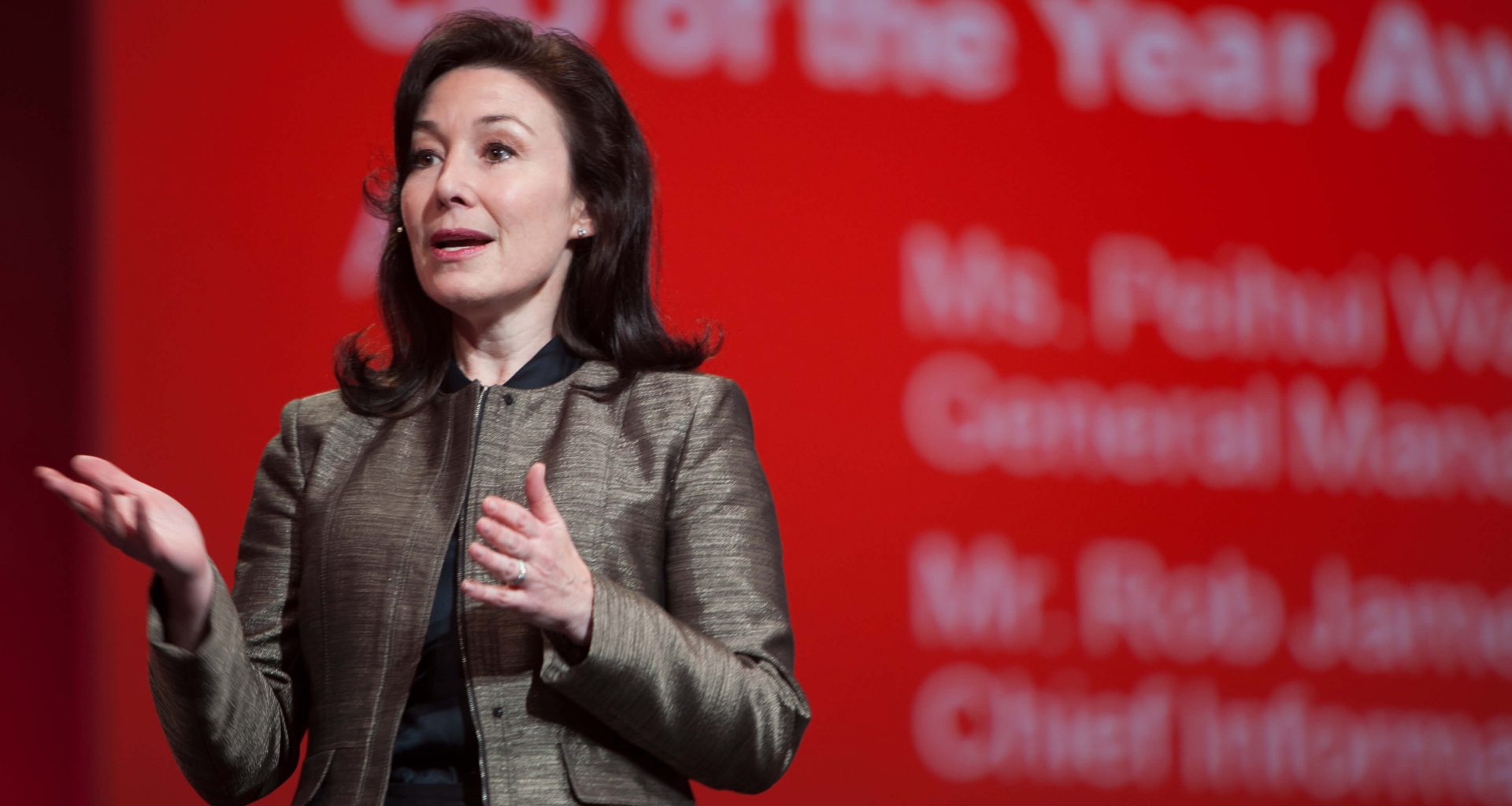Afghanistan almost took a giant leap in the area of women’s rights, as Anisa Rasouli was nominated by Afghan President Ashraf Ghani to be a member of the Supreme Court. If voted in, Rasouli would have been the first woman member of the nine-member bench and the only woman residing currently. However, Islamic conservatives were upset by this notion of having a woman in such a powerful position. As a result, the nomination was rejected.
This comes as a major setback to improvements planned for by the government for advancing women to higher positions of power. Although the nomination for Rasouli was the first of its kind to such a high position, the country’s parliament still needed to approve the motion. In the end, the traditional ideals of the Islamic country won over.
After the vote, Deputy Chairman of the Parliament, Abdul Qadeer stated, “Unfortunately, Anisa Rasouli could not get the vote of confidence to become a member of the supreme court. We ask the president to introduce another candidate”. By only receiving 88 of the necessary 97 out of 193 votes to win, Rasouli lost the vote. This led the members of parliament to appoint a male instead.
One of the female members of parliament, Shukria Barakzai termed the incident a “disaster” and that the parliament hopes for another female nomination for a chance approve the vote. It may be a while until the parliament is given another opportunity since the judges of the supreme court have 10-year fixed terms.
The nomination of Rasouli was yet another attempt by the Afghan government and President Ghani to encourage women into higher profile positions. Several steps have been made in this direction as Ghani’s nominations for four female cabinet members were approved by lawmakers in April. Also, two female governors have been appointed for Ghor and Daikundi, two provinces of Afghanistan.
Despite these achievements, it seems as though Islamic conservatives are intent on denying progress to females within Afghan society. Just recently, a group met in Kabul and protested the mere possibility of a female appointment for judge of Supreme Court. Although it has been 14 years since the Taliban’s fundamentalist regime was in power, Afghanistan has a lot of work to do in the way of female equality and acceptance among the deeply conservative elders.
Stay Connected